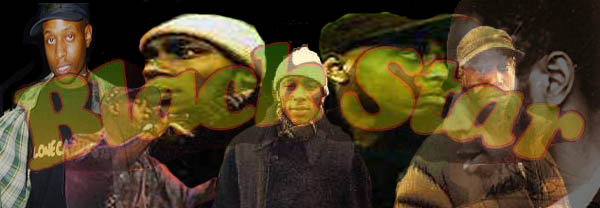Rawkus
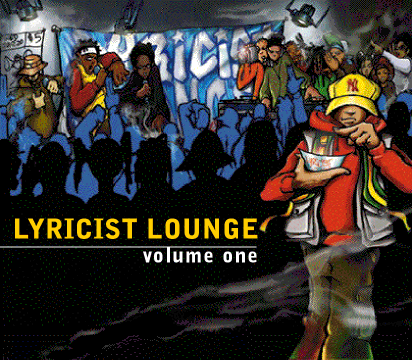
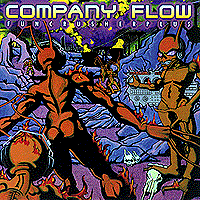
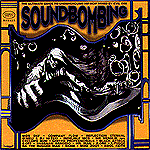
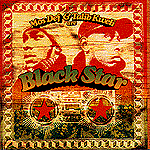
latest releases include>
soundbombing vol.2
Mos def .. black on both sides
pharow monch... simon says
Be on the look out for>
Shabaam sadique
Talib qwali
Ra Tha rugged man
+ many more........



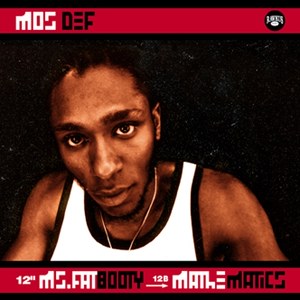
your attachments to the community, to black people. You sort of like this foreign, distant element that people mayadmire from a distance but they don't have any realcloseness to, it's not intimate to them, it's not of them."
With "Black On Both Sides" , Mos Def taps into acenturies old tradition of black expression which is bothhistorically relevant but also deeply imaginative as well."I'm trying to create a project with some dimension, that
exhibits some range on all sides and that shows I can do just
straight up and traditional b-boy type hip-hop, but that I also
have a good grasp and understanding of other black
mystical styles and that my heart is as close to them as they are to hip-hop."
While Mos Def is at the center of the album's creative nova, "Black On Both Sides" is also a collaborative projectwith everybody from torch singer Vinia Mojica, to Ummah's Ali Shaheed Muhammed, to jazz legend Weldon Irvine
contributing. The only criteria for inclusion according to Mos was that "everybody was really forward thinking and trying to expand the dimensions on what people's ideas ofhip-hop is and what people's idea of what a hip-hop artistis."
The lead single is "Speed Law", which Mos describes as,"some straight up hip-hop where I try to use very sturdy,almost industrial-strength language in it, yet be poetic about it."
Perhaps one of the album's most striking songs is the simplytitled "Hip Hop" , a short but powerful reflection on rapmusic's complex culture and industry. Says Mos, " it's justmy take on hip-hop in a historical sense, from a global
perspective." Over Diamond D's brash track of ******and****. Mos runs through a brilliant, powerful set ofmetaphoric distillations of hip-hop comparing music to "abackwater remedy, bitter and tender memory, a class E felony, facing the death penalty". He ends with the ominouswarning: " hip-hop will simply amaze you, praise you, pay you , do whatever you say to, but black, it can't save you."
This admonition from Mos bespeaks a deep wisdomfrightening to consider...that hip-hop, for all its beauty and power, still can't redeem your humanity. Ultimately, thattranscendence and transformation is left up to you and while *Black On Both Sides* is created to inspire people with its
vast imagination and ambitions, Mos Def puts it down: "The revolution is personal...I'm not doing this for public acclaim- I'm doing this because it's sincere to me, it's real to me and who ever has feelings about that."

